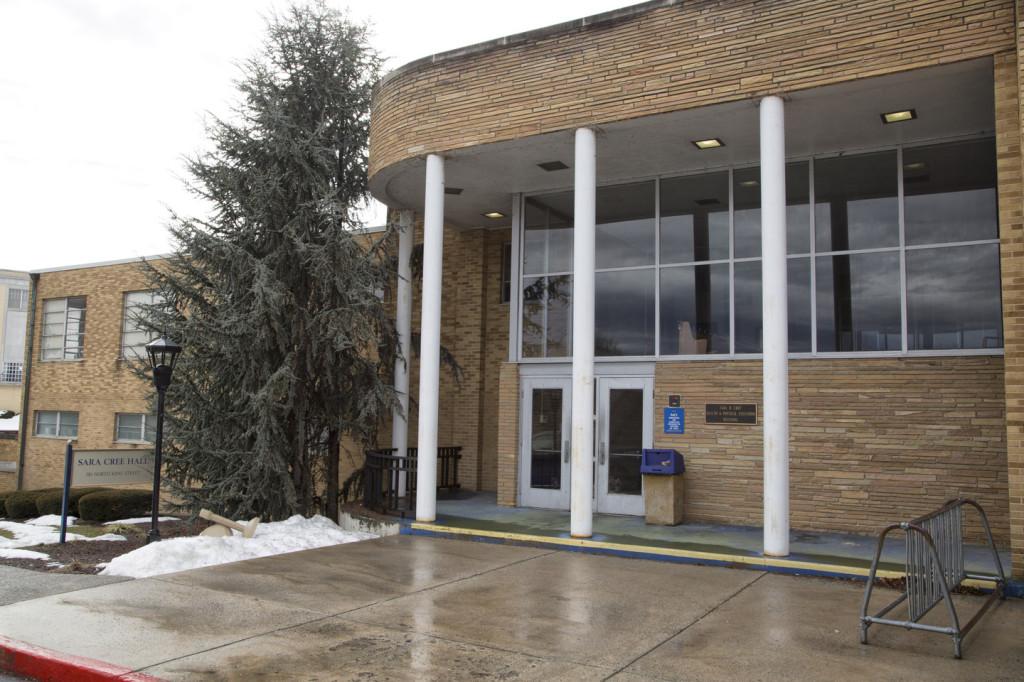Shepherd’s Rave alert system is a means by which the university communicates with students and faculty via text and email during inclement weather, school closings, and emergency announcements.
But who decides when a Rave alert should be sent out?
According to the Shepherd Police Department’s annual campus security and fire safety report, important information is obtained through “various offices/departments on campus, student housing, faculty, staff, students, grounds and building maintenance.”
It is from this information that the Shepherd Police Department, the General Counsel, and the Office of Student Affairs determine whether “there is an emergency or dangerous situation that poses an immediate threat to the health or safety of some or all members of the Shepherd University community,” stated the report.
John McAvoy, chief of police at Shepherd, confirmed the Rave alert’s many sources. “It’s not always the police department that makes the decision to issue a Rave alert. For example, closing for weather… Many different people have sent alerts. It depends on who can do it fastest,” said McAvoy.
The conditions that deem a circumstance appropriate to issue a Rave alert vary by situation.
When a motor overheated in the HVAC system of the library on Jan. 24, 2014, students were not issued a Rave alert. “Rave doesn’t replace a fire alarm. Both are very important, but not interchangeable,” reported McAvoy.
Measurable snow and treacherous, weather-related road conditions have been the most common reasons for issuing a Rave alert this semester.
Before sending a Rave alert, McAvoy said two questions must be asked: “Is it an emergency?” and “Will the mass notification improve the safety of those receiving the notification?”
If the corresponding answers to these questions are “yes,” a RAVE alert will be distributed.
Students have positive opinions on the Rave alert system, but agree it could be improved.
Baylee Hodgson, a junior education major, said, “I like Rave alerts because I don’t have to get on my computer to check for closings. The alerts just get sent to my phone.” Hodgson added that she wished the alerts were sent out earlier, especially in cases of bad weather. “Sometimes I don’t get an alert until 7:00 a.m. and I have class at 8:00 a.m. It makes it hard to determine whether I should drive to class or not,” said Hodgson.
Chris Jenkins, a senior sociology major, agreed with Hodgson. “I feel [the alerts] are fine. They could use an update as far as how soon we get them, but they seem to do their job,” said Jenkins.
Students who have not signed up to receive Rave alerts can do so on the Shepherd homepage; a banner entitled “Sign up for Rave alert” is located near the middle of the page.

